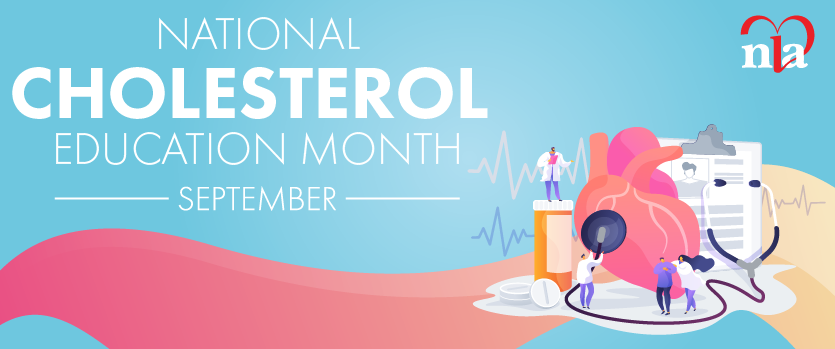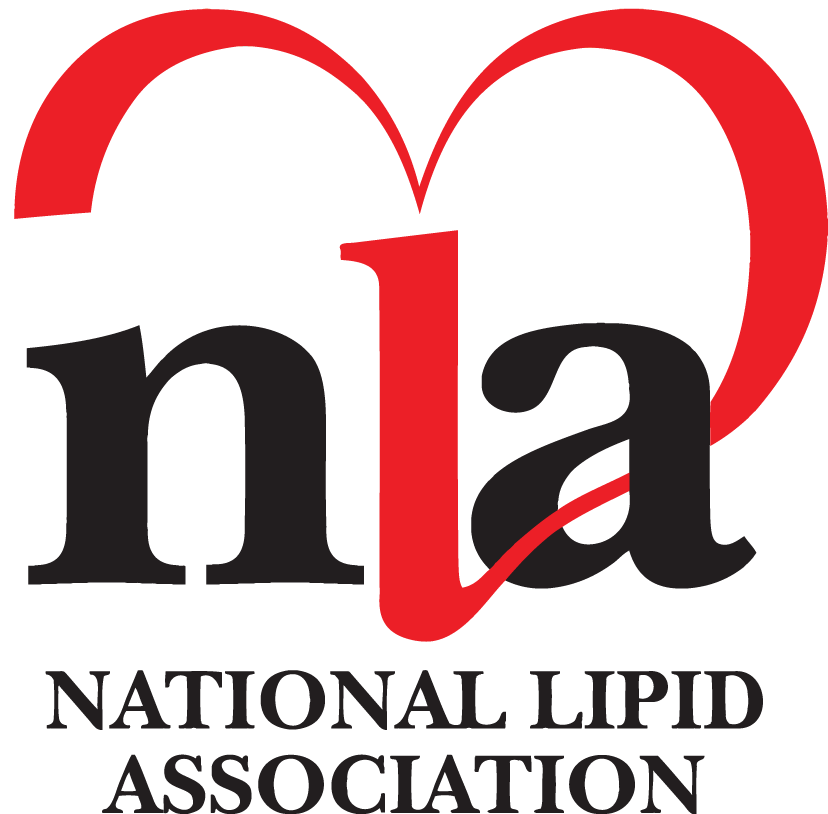Dr. Ziajka, it is very impressive that you have been an investigator of numerous clinical trials, an author of dozens of journal articles and books, an editorial board member of JCL, as well as running the only medical practice in the state Florida devoted exclusively to lipid disorders. Of all the achievements and responsibilities, what is the most rewarding aspect of being a lipidologist?
A couple of corrections - my practice (The Florida Lipid Institute in Winter Park Florida) now is one of TWO PRIVATE PRACTICES in Florida devoted to lipid disorders. There’s another one in Tallahassee started by Dr. Orson Smith. Also, for a while at least, there were a couple of university-based programs; don’t know if they still exist. I like clinical lipidology because I’ve always liked preventative medicine – I guess I’d much rather prevent an event than try to fix things after an MI or CVA. I really like research, teaching and publishing but that’s a personal preference. Being in private practice, there is no pressure to “publish or perish,” it’s just getting my intellectual curiosity satisfied.
When and how did you become interested in lipids? Was it during medical school, graduate school, residency or practicing?
That is a long, rather complicated story, so I’ll give you the abbreviated version. I received my PhD in physics before I went to medical school. My area in physics was thermonuclear but the physics lab next door was working on NMR spectroscopy of sterol structure in neuron sheaths with the University of Miami Medical School. I started spending more time over there than in my own lab. It eventually led me to medical school. For 6 or 12 months, I had a research fellowship with the neuro department continuing the work on sterol structure. A few years later I ended up in Internal Medicine in Central Florida and joined a practice that was noted for nutrition. Back then we ran the parenteral nutrition team, hyperalimentation team, and the medically supervised weight loss program. That was just when CLAS and few other studies came out about cholesterol lowering and other physicians started referring patients to us for cholesterol management. Back then a “normal” TC was 300 mg/dL and LDL and HDL measurements were +/- 50%! Cholesterol became my area of expertise, and starting about 25 years ago, it became my sole area of clinical practice.
Which medical specialty refers most patients to your clinic (cardiology, family medicine, internal medicine) and why?
It is really a mix. I’d say lately the biggest referral source is cardiology, but we get a lot from primary care, endocrinology and ID (HIV lipodystrophy). The main reason for cardiology referrals lately has been to get PCSK9 inhibitors approved. They identify patients who need it but don’t have the time or staff to get all the paperwork completed.
I have joined NLA recently and found its website and resources very helpful. How long have you been a member of NLA and what made you join the association?
I’m afraid I go back a fairly long way. In 1993, I helped establish the Florida Lipid Associates, the first organization of private practice lipid clinics in the US. In 1998, I was invited to join the planning committee of the Southeast Lipid Association (SELA) which was the fore-runner of the NLA. I transitioned into the steering committee of NLA in 2002. I have been a member since then and on the board and various committees on and off over the last few years.
How has the NLA changed over the past 15 years?
The organization has continually grown and matured under the leadership of the various boards and especially under the guidance of Compass Management & Consulting, Chris Seymour and now Brian Hart. The membership has grown and our programs, such as educational, lobbying, and publishing, have grown as well.
What has been your favorite/most memorable moment as an NLA member?
There have been so many great memories it’s hard to pick one or two. There was the “past-presidents” dinner and party at an annual meeting about 5 years ago, and I am not even a past president of the NLA. Other fond memories are being selected as a Fellow of the NLA, and most recently the Florida reunion dinner at Sklipek at the 2015 NLA Annual Meeting in Chicago.
Why have you remained a member for all of these years?
While I value the educational initiatives of the NLA, the real reason I remain active (and am now a lifetime member) are the people. There are friends that I consider very close, and we always get together at the national and regional meetings. It’s the camaraderie more than anything else.
What do you see as the benefits of an NLA membership?
As I said above, it’s the people. While the meetings are informative and very well organized, I really like seeing and interacting with my lipid colleagues.
Over the past 15 years, what moments stand out as turning points for the organization?
Three initiatives stand out. The first was the creation of the Foundation of the National Lipid Association, the second was the creation of the Journal of Clinical Lipidology and the third would be the creation of the American Board of Clinical Lipidology.
What is in store for the NLA in years to come?
There are many exciting new things coming down the road in lipidology, and I’m expecting the NLA to be on the forefront; one thing I am waiting for is ABIM acceptance of the lipidology board certification.
Being a member of the NLA, how has it helped you grow personally and professionally?
Personally I have already alluded to the friends I’ve made and the many great times we’ve has together. Professionally it has helped me keep up with the science, but it has also helped me economically. Many insurance plans in Central Florida did not recognize lipidology as a medical specialty, and that complicated referral patterns and reimbursement. Now with the ABCL we have almost universal acceptance on insurance and other managed care plans.
How have you used your NLA membership in everyday practice?
I routinely call colleagues for their opinion on clinical issues, to get their participation in a clinical trial I might be organizing or to get references or slides for an upcoming CME program I might be presenting. Probably the biggest use is the online membership directory. Central Florida tends to have a transient population, and when one of my complicated patients is relocating to Ohio or Oregon, I go online to get them the contact information for another lipidologist to assume their care.
What advice would you give to a new member (like me) of the organization?
Be sociable! Attend the receptions and the Foundation Board events. Meet your fellow members and make friends. Volunteer for committees and task forces. Get involved.
I am currently studying for the clinical lipidology boards and have been using a variety of materials such as NLA guidelines, position statements, NLA-SAP, partnered ReachMD Podcasts, and articles from the Journal of Clinical Lipidology. I have a selfish question, is there a single source that would best prepare me for the certification?
Everyone studies and learns differently, but for me it was ABSOLUTELY to review the NLA-SAPs.
Familial hypercholesterolemia is more common than we previously believed. Do you think awareness for FH among general practitioner is heightened or still lagging?
Still incredibly lagging. I’ve been doing a lot of work with pediatricians lately (where it all begins) and most have no idea about FH or screening for cholesterol until after we talk.
Do you find management of familial hypercholesterolemia challenging as statins may not bring LDL down to goal?
It used to be very frustrating, but with apheresis, lomitapide, mipomerson and now PCSK9 inhibitors it’s really gotten a lot easier.
As a lipid expert, if there was a single-most important piece of advice for a general practitioner, what would it be?
Every patient they see needs to have a screening lipid panel done, and if they don’t know what to do with it, refer that patient to an endocrinologist, cardiologist, or a lipid specialist.
As a last question, if you could meet anyone past or present and pick their brain, who would it be?
Hands down – Albert Einstein.






.jpg)
.png)












